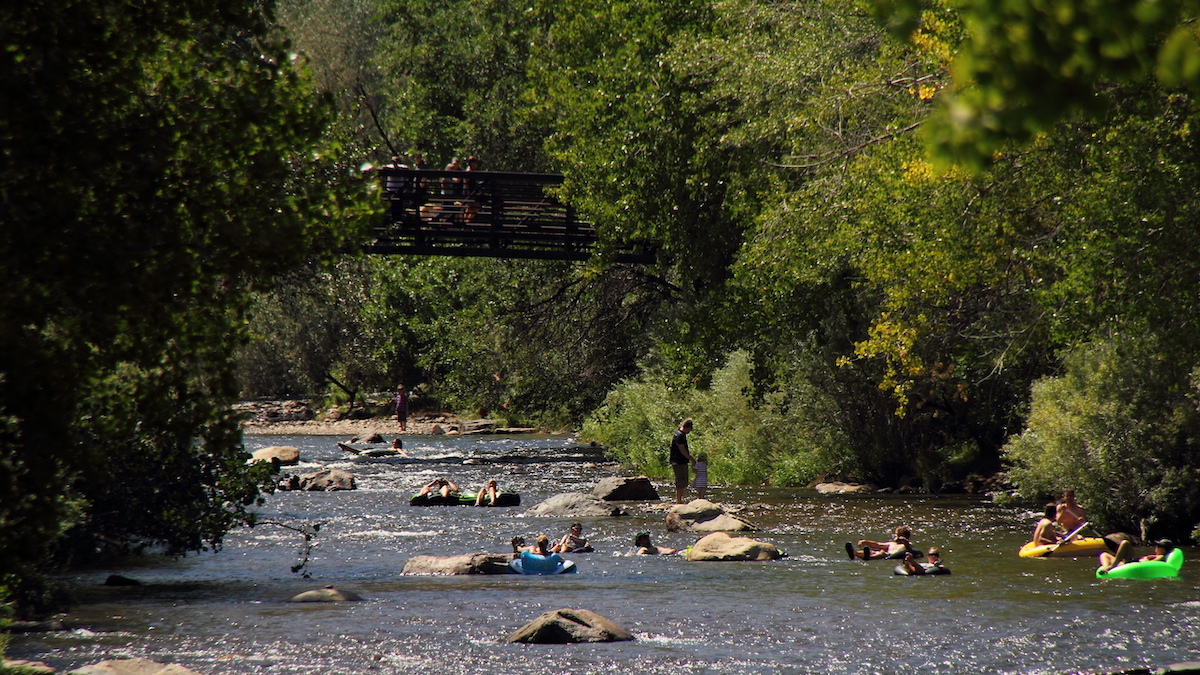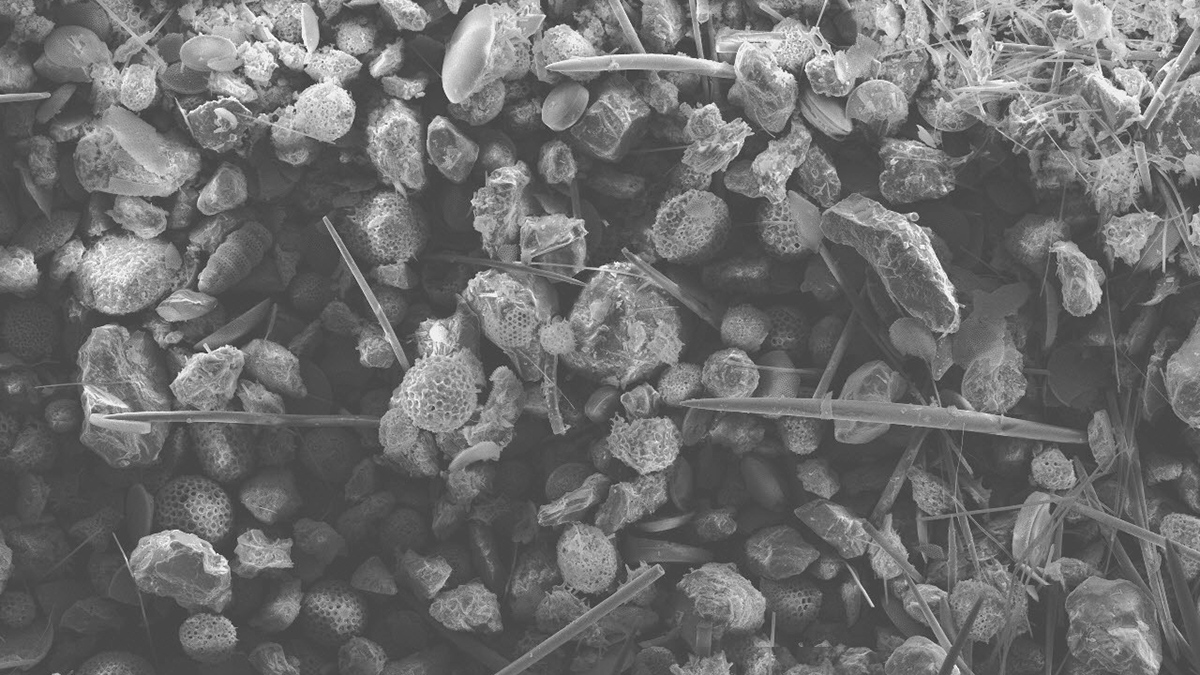Holiday weekend tubing introduces toxic chemicals and shifts microbial communities in a popular Colorado river.
News
A Binary Asteroid System Gets Its Geological Close-Up
Researchers are learning more about the geology and evolution of the binary asteroid system Didymos from high-resolution imagery collected by the Double Asteroid Redirection Test mission.
Urban Lights Make Tree Leaves a Tougher Meal for Insects
Two common street trees in Beijing show different responses to artificial light at night, but both grow leaves that are tougher and less toothsome to insects.
Anemic Stars Don’t Host Super-Earths
Planetary systems need the right stuff to make planets, and some stars just don’t have it.
5,000-Year-Old Copper Pollution Found near the Pyramids
New geoarchaeological research shows that metalworking in ancient Egypt led to significant contamination in a nearby port.
Microbes in Tree Bark Absorb Millions of Tons of Methane Each Year
New findings suggest that reforestation efforts could have a bigger—and more positive—climate impact than previously estimated.
Curiosity Digs Up Evidence of a Cold, Wet Martian Past
Amorphous materials, which are rarely studied on Earth, yield insights into the history of Gale Crater and the early Martian environment.
Leuchtende Nachtwolken erhellen den Himmel über Norddeutschland
Eine Verschiebung des Jetstroms in der Tropopause ist möglicherweise für die ungewöhnlich hohe Anzahl an Wolken in großer Höhe verantwortlich, die im Frühsommer 2019 über kurze Zeit zu sehen waren.
Clays May Have Slowed Earth’s Recovery After the Great Dying
Without tiny marine organisms using silica for shells, Earth’s oceans generated more clay, released more carbon dioxide, and kept Earth warmer for longer.
¿Qué tan líquida es esa lava?
Un nuevo dispositivo ayuda a los científicos a medir la viscosidad de la lava durante los derrames activos.










